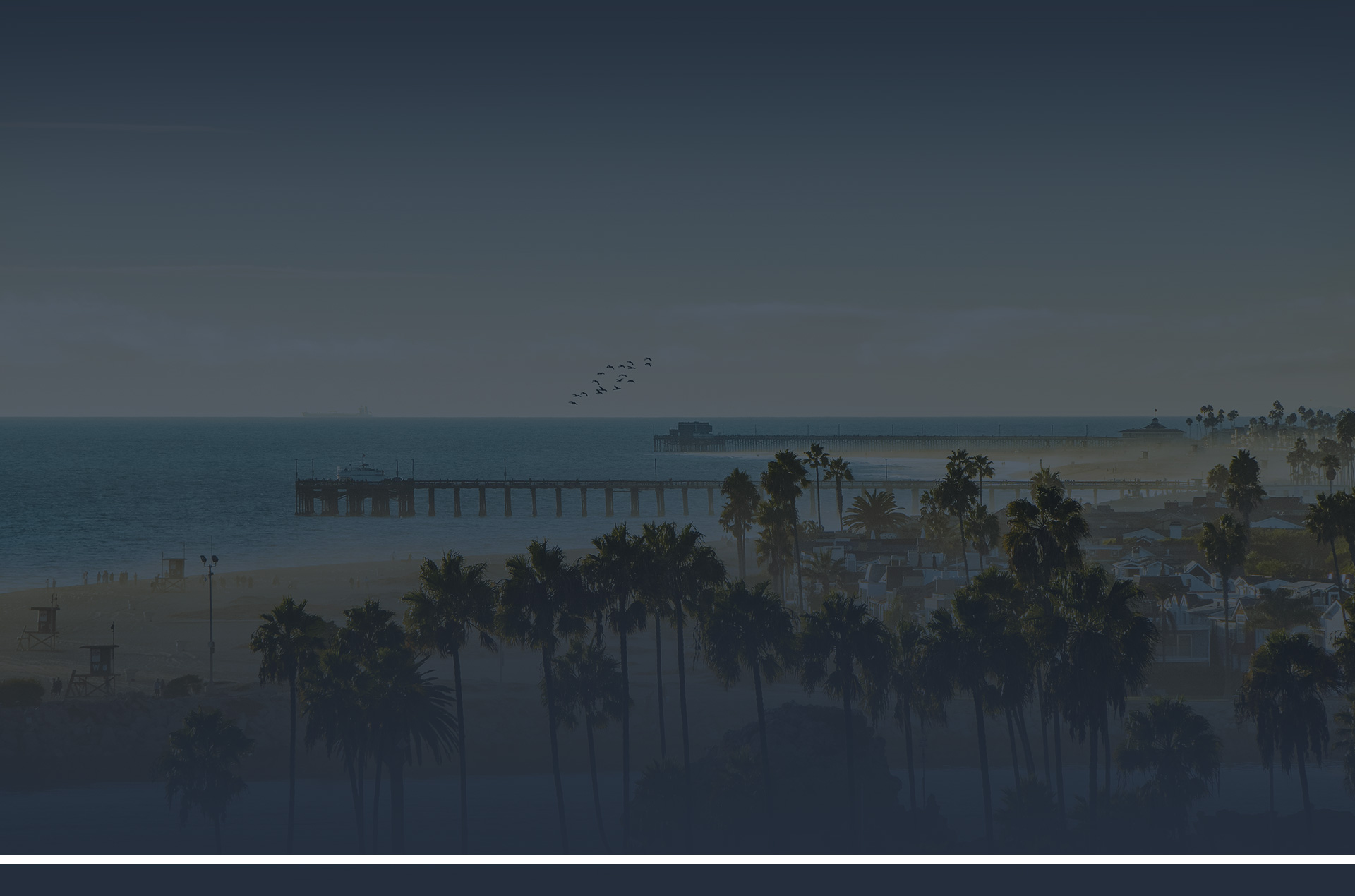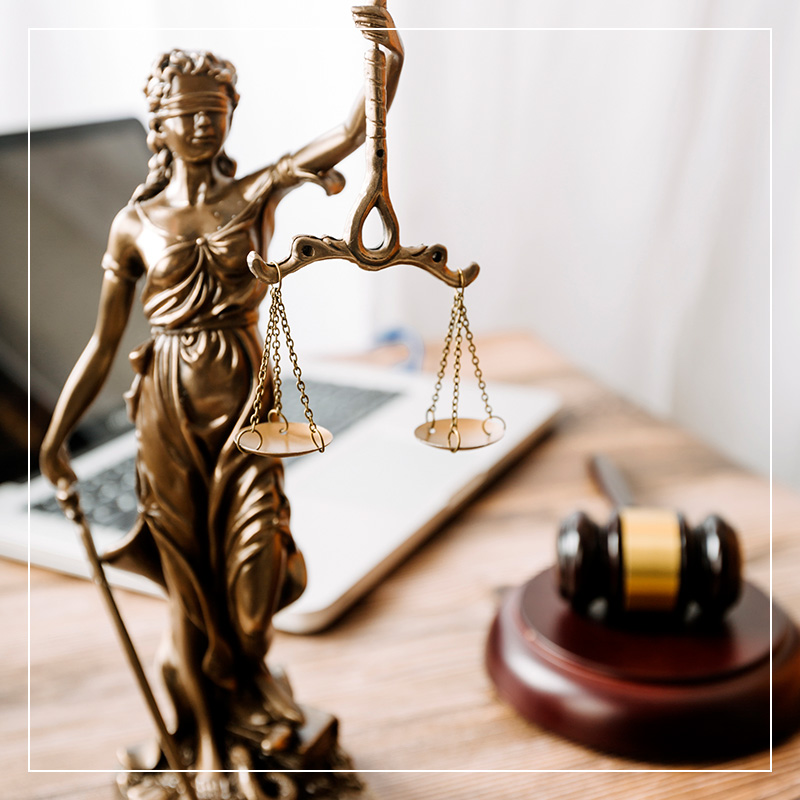The U.S. Supreme Court ruled on June 23, 2022, that police cannot be sued for depriving a suspect of their Miranda rights before criminal interrogations.
In a 6-3 ruling, the court said Miranda is not a protected constitutional right. A suspect cannot use being deprived of their Miranda warnings as grounds in a lawsuit alleging their civil rights were violated after the fact. The ruling also limits individual protections against self-incrimination.
Despite the Supreme Court ruling, a Miranda violation can be a foundation for criminal defense strategies. The ruling does not remove the requirement for police to read suspects their rights before questioning them.
If you are arrested for any reason, make your first call to Corrigan Welbourn Stokke, APLC for smart and aggressive legal representation.
History of Miranda Rights
It is ironic that this recent Supreme Court ruling came almost exactly 59 years after the Supreme Court first coined the term “Miranda warning.”
In March 1963, Ernesto Miranda was arrested in Phoenix. He confessed to kidnapping and rape while he was in police custody. His lawyers sought to have his conviction overturned after learning he was never told that he had the right to remain silent and the right to a lawyer.
The case made its way up to the U.S. Supreme Court, which overturned the conviction on June 13, 1966 (he was later retried and found guilty), and established guidelines for how detained suspects are informed of their constitutional rights. The court ruled that Miranda was denied his Fifth Amendment right against self-incrimination and Sixth Amendment right to have the protection of counsel. The decision was designed to prevent coercive police interrogative tactics.
The ruling consolidated the case with three other similar cases: Vignera v. New York, Westover v. United States, and California v. Stewart.
New Miranda Ruling Based on California Case
A California case played a role in the 1966 ruling, and the state is at the heart of the 2022 case as well. In 2014, Los Angeles County Sheriff’s Deputy Carlos Vega questioned Terence Tekoh, who was accused of sexual assault, before providing him with his Miranda warning.
According to Tekoh, Vega would not let him speak to an attorney, prevented him from leaving a private room where the interrogation happened, and forced him to write a confession. Tekoh was eventually found not guilty, but he sued Vega in federal court for the Miranda violation under civil rights statute Section 1983.
Writing for the majority, Justice Samuel Alito said, "In sum, a violation of Miranda does not necessarily constitute a violation of the Constitution" and was not grounds for bringing a lawsuit under Section 1983 and that the remedy was to have those statements excluded at trial.
Justice Elena Kagan, writing for the three dissenting judges, said that "sometimes such a statement will not be suppressed." She also wrote that “sometimes, as a result, a defendant will be wrongly convicted and spend years in prison.”
Miranda Rights Aren’t Necessarily Given at Arrest
Most television programs show police officers reciting the Miranda rights at the moment of the arrest. That’s generally not the case, nor is it required. Individuals must be read their rights at some point after their arrest but before their interrogation.
Police routinely tell people that they are “free to go” at any time so they can continue a conversation with the suspect without having to Mirandize them. What is said by someone who is technically not in police custody can be used against them later – including in court.
The exact wording of the Miranda warning can vary but includes the following:
- You have the right to remain silent.
- Anything you say can be used against you in a court of law.
- You have the right to have a lawyer present during any questioning.
- If you cannot afford a lawyer, one will be appointed to you.
Know All Your Rights When Talking to Police
Whether you have been arrested or asked to speak to the police about a case, you are best protected by having an attorney with you. Statements you make prior to being arrested can give law enforcement probable cause to arrest you. Those statements, along with anything said after being read your Miranda rights, can be used against you in court.
Our team at Corrigan Welbourn Stokke, APLC will ensure your rights are upheld and do everything within our power to limit your exposure to criminal prosecution.
Contact us online to schedule a consultation. Need immediate help? We are available 24/7 by calling (949) 251-0330.



